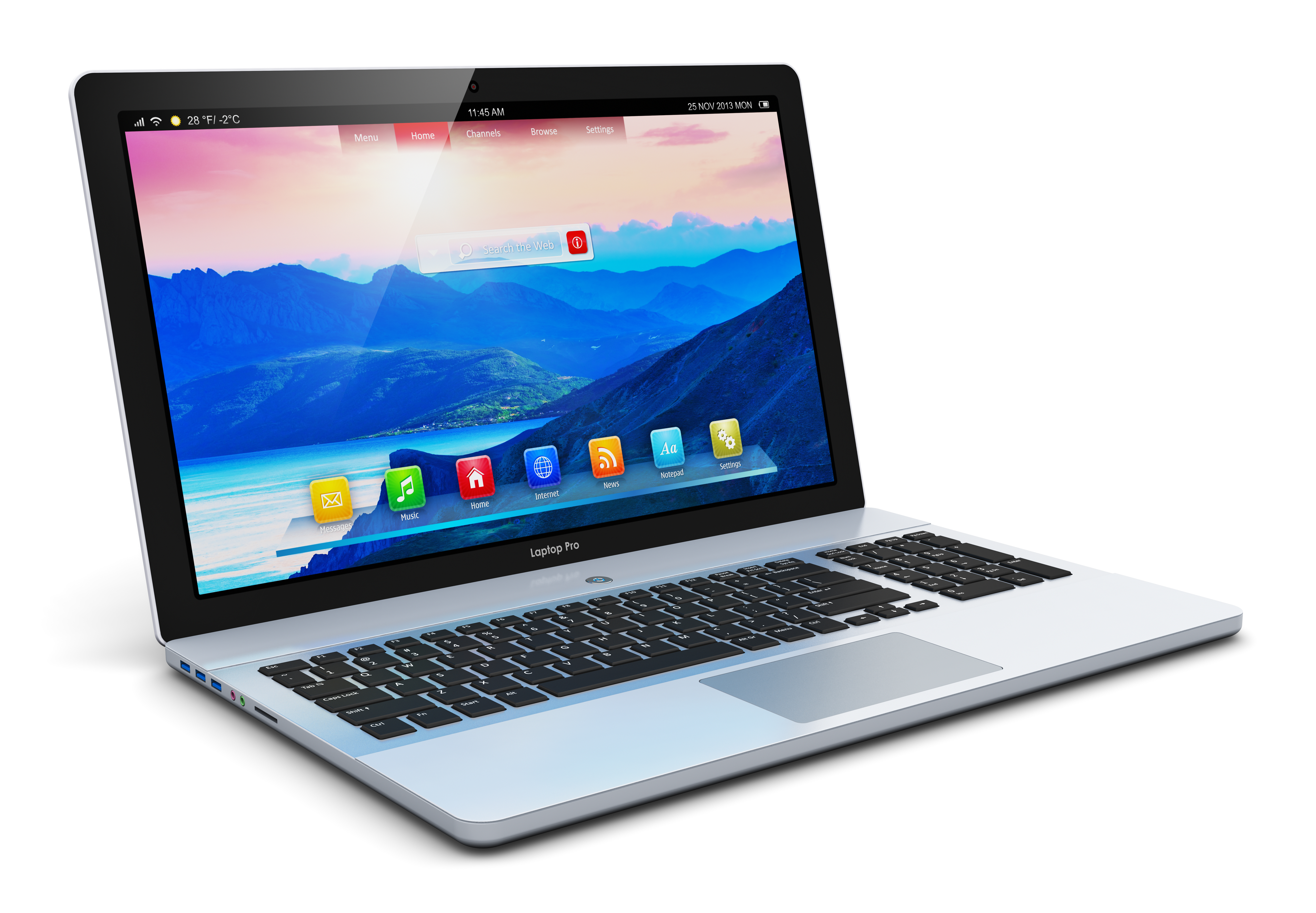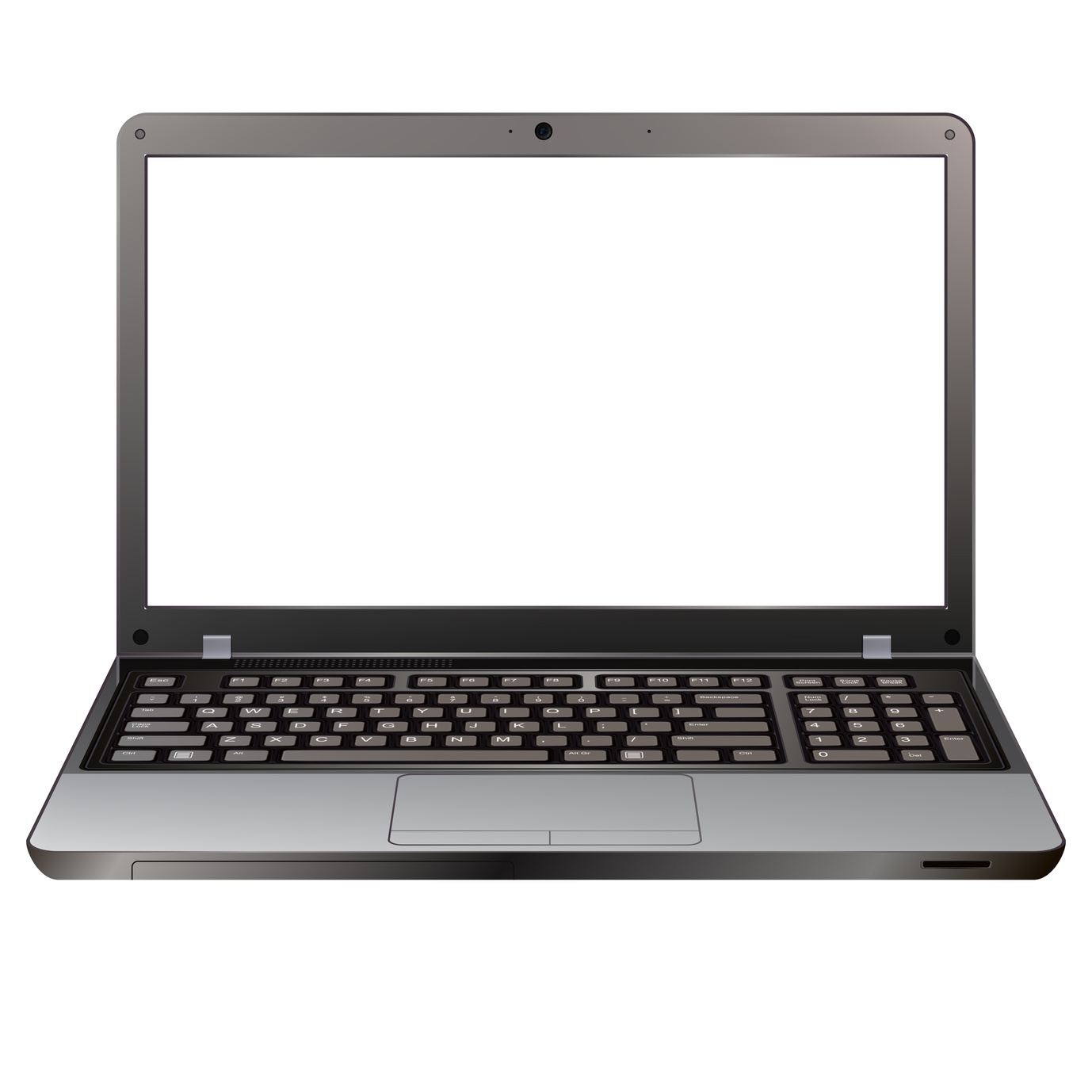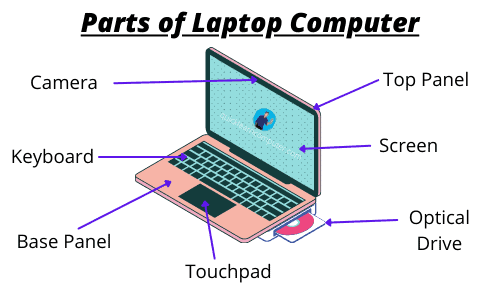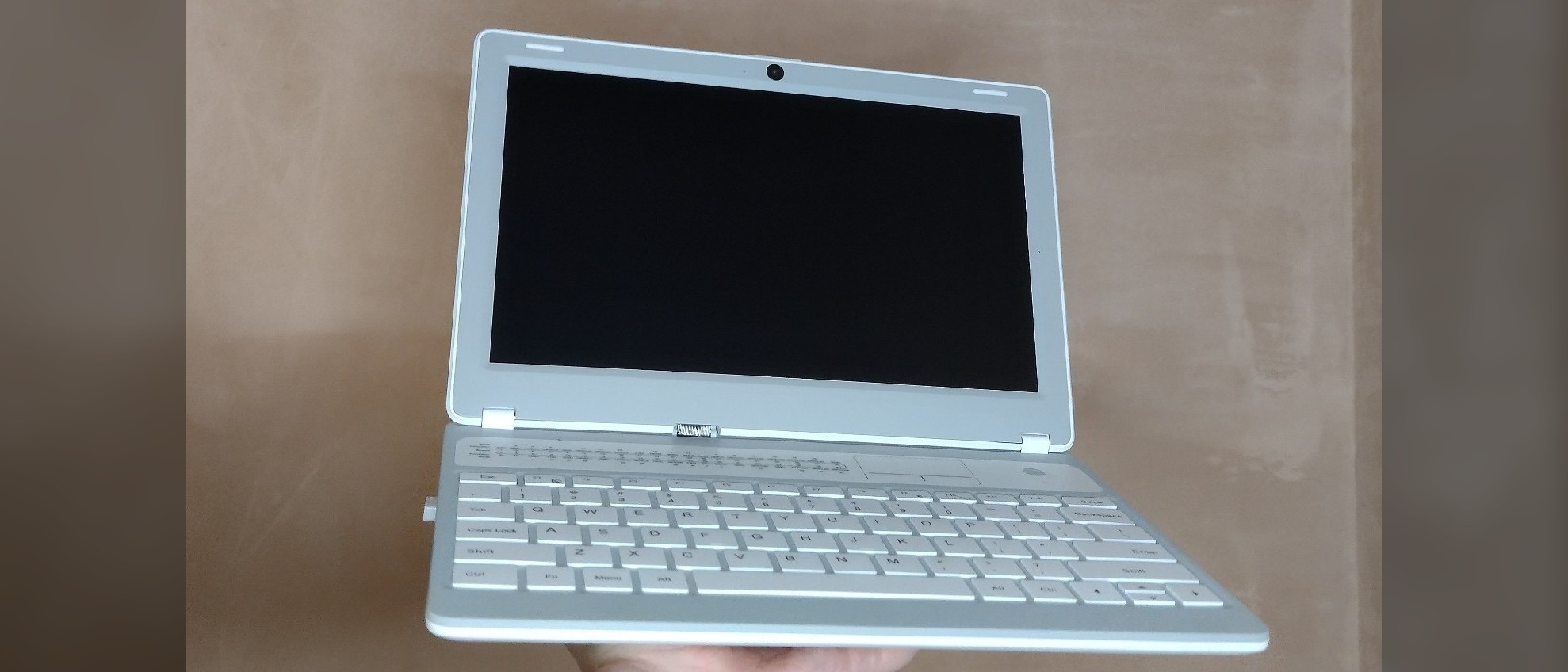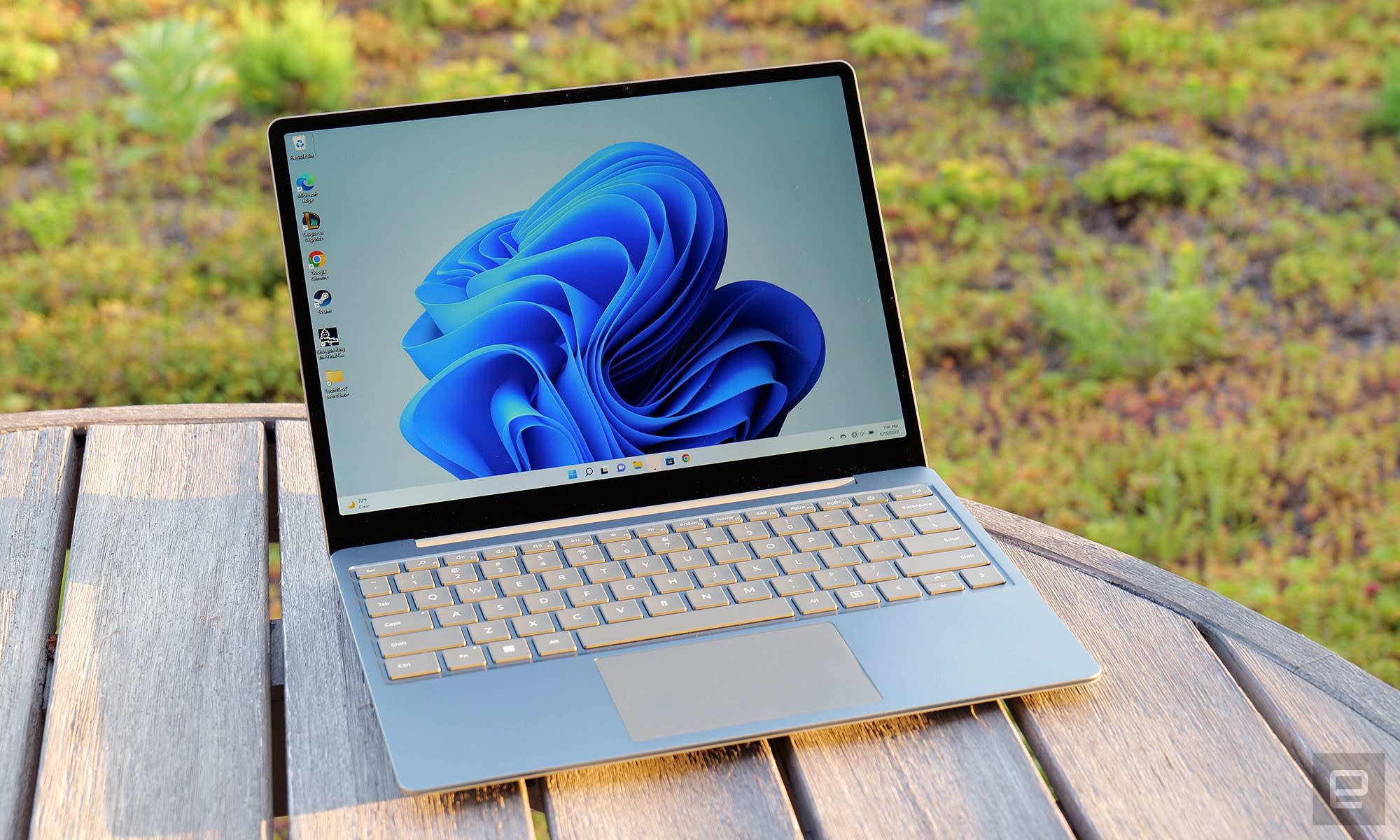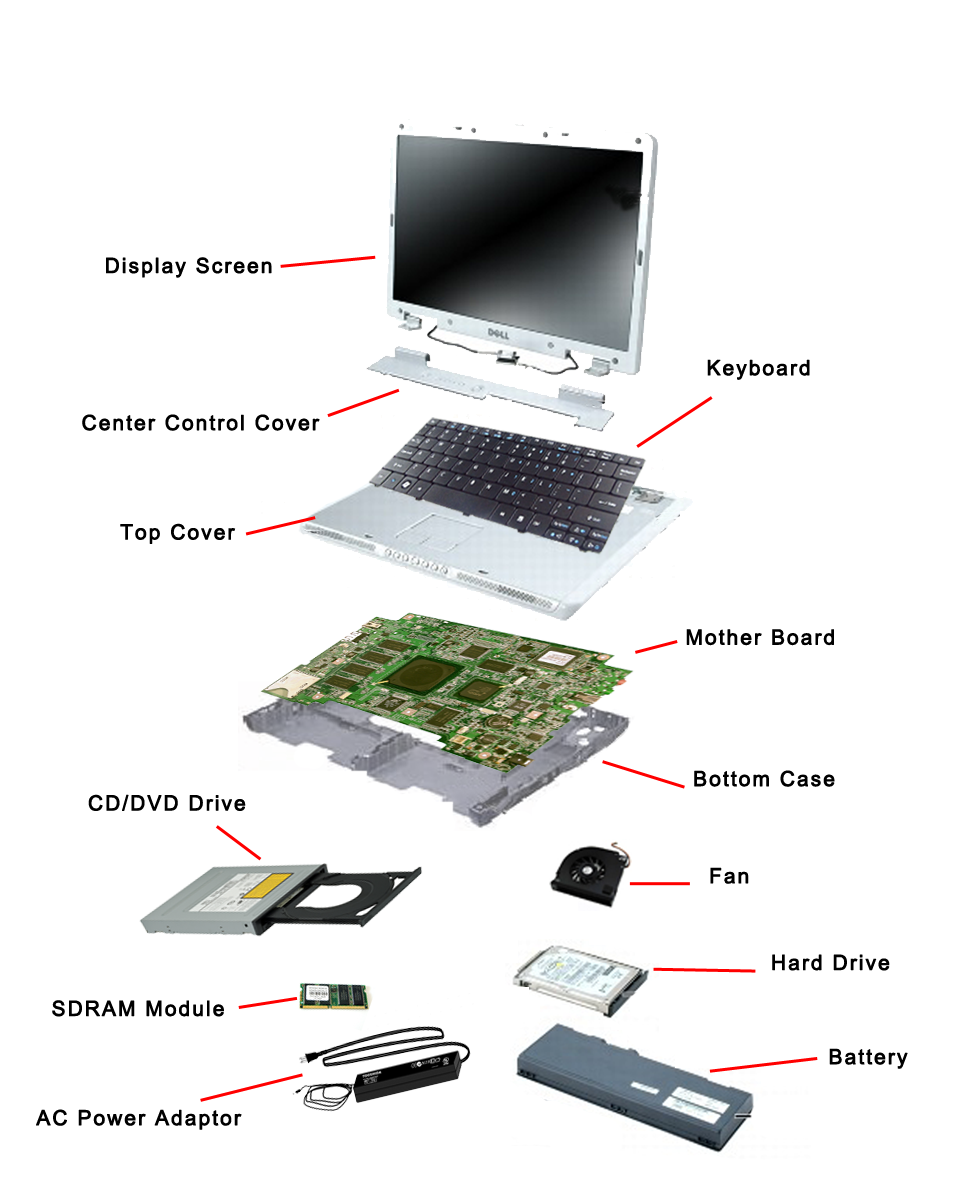What Is A Good Basic Laptop
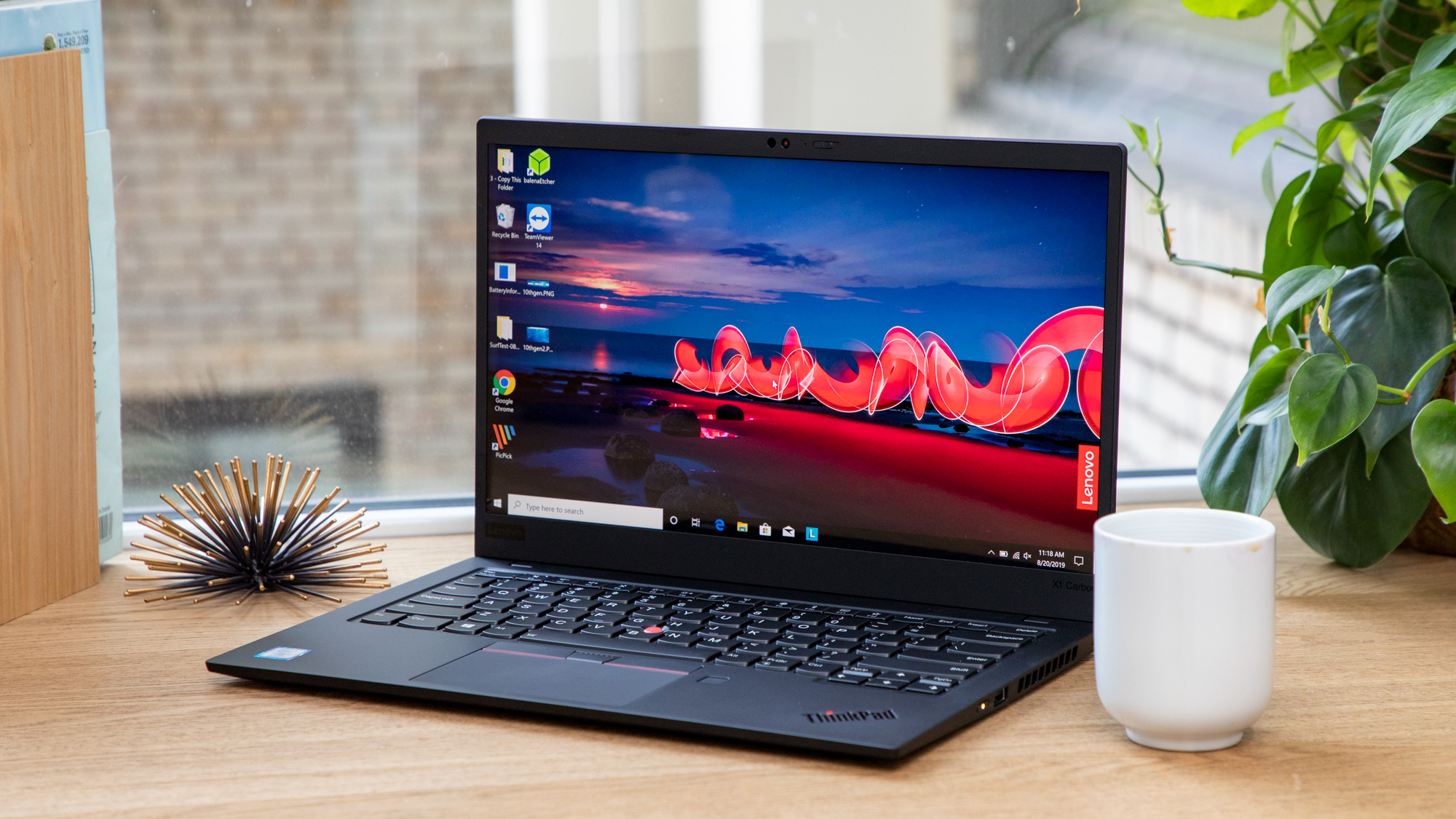
Buying your first laptop can feel like navigating a minefield. Jargon flies around, prices vary wildly, and suddenly you're questioning if you even need a laptop! This guide is designed for you: the first-time buyer, the student, the occasional user, the person who just wants a reliable machine without breaking the bank.
Why a Good Basic Laptop Matters
In today's world, a laptop is more than just a luxury; it's a necessity. It's your portal to the internet, your tool for productivity, and your source of entertainment.
A reliable basic laptop allows you to connect with loved ones, complete school assignments, manage your finances, and explore the world of online learning, all from the comfort of your couch.
Choosing the right one sets you up for success and avoids frustrating tech headaches down the road.
Top 5 Basic Laptops: A Quick Comparison
| Model | Price (USD) | Processor | RAM | Storage | Warranty |
|---|---|---|---|---|---|
| Lenovo IdeaPad 3 | $350 | AMD Ryzen 3 | 8GB | 256GB SSD | 1 Year |
| HP 15-dw Series | $400 | Intel Core i3 | 8GB | 256GB SSD | 1 Year |
| Acer Aspire 5 | $380 | AMD Ryzen 5 | 8GB | 256GB SSD | 1 Year |
| Dell Inspiron 15 3000 | $420 | Intel Core i3 | 8GB | 256GB SSD | 1 Year |
| ASUS Vivobook 15 | $370 | AMD Ryzen 3 | 8GB | 256GB SSD | 1 Year |
Detailed Reviews
Lenovo IdeaPad 3
The Lenovo IdeaPad 3 is a strong contender for budget-conscious buyers. Its AMD Ryzen 3 processor provides decent performance for everyday tasks.
The generous 8GB of RAM ensures smooth multitasking. The fast 256GB SSD storage allows for quick boot times and application loading.
HP 15-dw Series
The HP 15-dw Series offers a familiar and reliable experience. Powered by an Intel Core i3 processor, it handles web browsing, document editing, and light media consumption with ease.
Its larger screen is good for those who prefer more visual real estate. The build quality is decent for its price point, offering a good balance of performance and affordability.
Acer Aspire 5
The Acer Aspire 5 stands out with its AMD Ryzen 5 processor, offering a noticeable performance boost compared to other laptops in this price range. This makes it a good choice if you plan to do a bit more demanding tasks.
The Aspire 5 also features a sleek design and a comfortable keyboard. Its battery life is generally good, making it a solid all-around performer.
Dell Inspiron 15 3000
The Dell Inspiron 15 3000 is known for its reliability and durability. It's a dependable machine with an Intel Core i3 processor and adequate storage for everyday use.
Dell's reputation for customer support is a plus for first-time laptop owners. While it may not be the flashiest, it gets the job done reliably.
ASUS Vivobook 15
The ASUS Vivobook 15 is a stylish option with a focus on portability. It features an AMD Ryzen 3 processor, offering a good balance of performance and battery life.
Its slim design makes it easy to carry around, and the screen is bright and vibrant. The Vivobook 15 is a good choice for those who value aesthetics and mobility.
Used vs. New: Weighing the Options
Used Laptops: Pros
Lower price point, potential for higher specs at a lower cost. Environmentally friendly.
Used Laptops: Cons
Uncertain history, potential for hidden problems. Shorter lifespan, limited or no warranty. Risk of outdated hardware or software.
New Laptops: Pros
Guaranteed condition, full warranty coverage. Latest technology, longer lifespan. Peace of mind.
New Laptops: Cons
Higher price point, limited upgrade options. Potential for unnecessary features.
Reliability Ratings by Brand
Reliability is paramount when buying a basic laptop. Based on customer reviews and industry reports, here’s a general overview of brand reliability:
- Lenovo: Generally considered reliable, with good build quality and customer support.
- HP: A mixed bag, with some models being more reliable than others. Research specific models carefully.
- Acer: Known for affordability, but reliability can be inconsistent.
- Dell: A consistently reliable brand, with a strong reputation for customer support.
- ASUS: Generally reliable, with innovative designs and features.
Note: These are general ratings, and individual experiences may vary. Always check reviews for the specific model you are considering.
Checklist: 5 Must-Check Features Before Buying
- Processor: Ensure it's powerful enough for your needs (AMD Ryzen 3/5 or Intel Core i3/i5 are good starting points).
- RAM: 8GB is the sweet spot for smooth multitasking.
- Storage: Opt for an SSD (Solid State Drive) for faster performance; 256GB is a good minimum.
- Screen Size & Resolution: Consider your viewing preferences and portability needs. A 14-15 inch screen with at least 1920x1080 (Full HD) resolution is recommended.
- Warranty: Make sure the laptop comes with at least a one-year warranty for peace of mind.
Key Takeaways
Choosing a basic laptop doesn't have to be overwhelming. Consider your needs, budget, and desired features carefully.
A new laptop offers peace of mind and warranty coverage, while a used laptop can save you money but comes with risks.
Reliability varies by brand and model, so research thoroughly before making a decision. Prioritize a good processor, adequate RAM, and SSD storage for a smooth user experience.
Ready to Choose Your Perfect Laptop?
Equipped with this knowledge, you're now ready to embark on your laptop-buying journey with confidence. Don't hesitate to visit local electronics stores, read online reviews, and compare prices to find the perfect machine for your needs.
Happy shopping, and welcome to the world of laptops!



